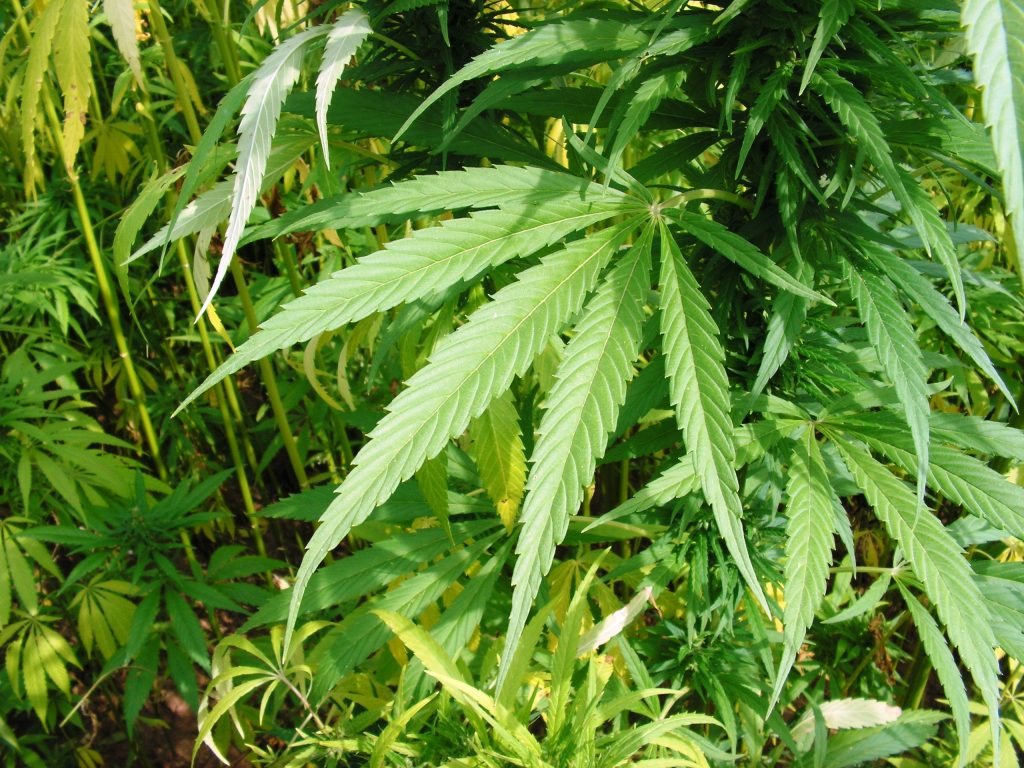By Karla Arboleda
The Florida Department of Agriculture and Consumer Services (FDACS) updated a draft on hemp rules for the state.

FDACS is working with the National Association of State Departments of Agriculture and the U.S. Department of Agriculture to authorize hemp production in Florida as quickly as possible. Fred Harris, a Greenberg Traurig attorney representing the Hemp Industries Association of Florida (HIAF), discussed some of the important revisions made to the draft.
THC
“One of the issues (HIAF) is concerned with is the definition of Delta-9-tetrahydrocannabinol (THC) concentration,” Harris said, explaining that a plant containing more than 0.3 percent THC is illegal. “(FDACS has) added that THC acid-A (THCAA) is another element in the definition. The longer a hemp plant grows, the more of the THCAA is in the plant, which could require the farmer to cut a crop sooner and you don’t get as big of a crop.” Harris explained these so-called “hot crops” with high levels of THC are required, by law, to be destroyed.
Besides addressing THC levels in hemp, the latest draft offers some more lenient rules, such as the removal of plot identification number and the previous requirement of filing a bond. Also, plots can be grown on property zoned agricultural or industrial, a relaxation of the prior proposed rule requiring a history of agricultural use.
Rules remaining the same in this draft include background checks, fingerprints, an environmental containment plan and a transportation plan. Because hemp is considered an invasive species, FDACS requires precautionary methods to transport hemp.
PLANNING AHEAD
“When you’re transferring (hemp) to someone else to process it, it has to be in a closed vehicle so that you know it won’t get out while you’re driving. You also have to have dedicated equipment,” Harris said, explaining that machinery used for hemp needs to be thoroughly cleaned after use or restricted to exclusively the hemp crop. The farmer also will be required to submit a waste-disposal plan.
All of these revisions are a result of public comments. FDACS believes that the hemp rules will be finalized in January, but not without the potential of a few more hoops to jump through.
“These (rules) are being promulgated and can be challenged. If they’re challenged, they have to go through administrative procedure challenge process, which can take a while,” Harris said. He reminded growers that there are specific notification requirements before planting, harvesting and testing for THC levels. “(Farmers) need to pay attention to the timing rules,” he advised.









